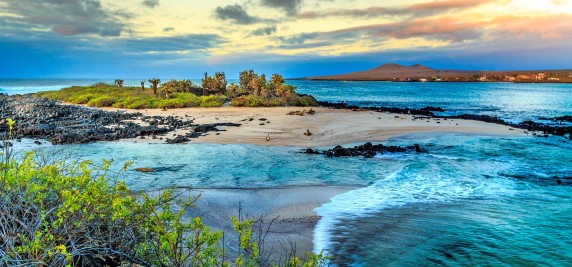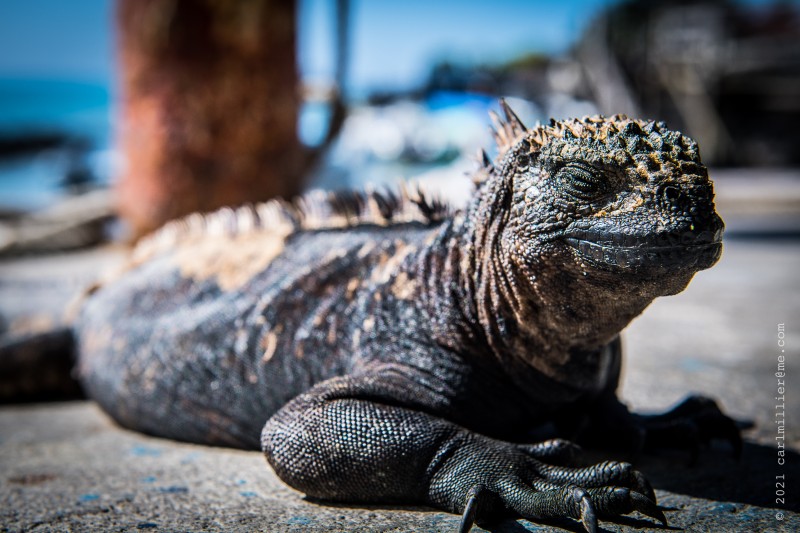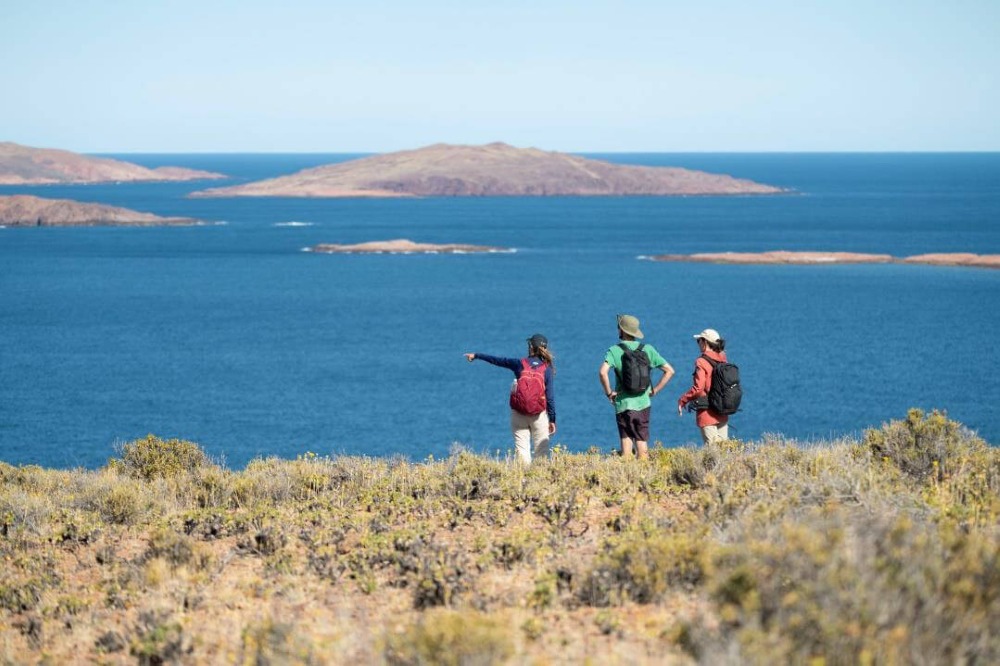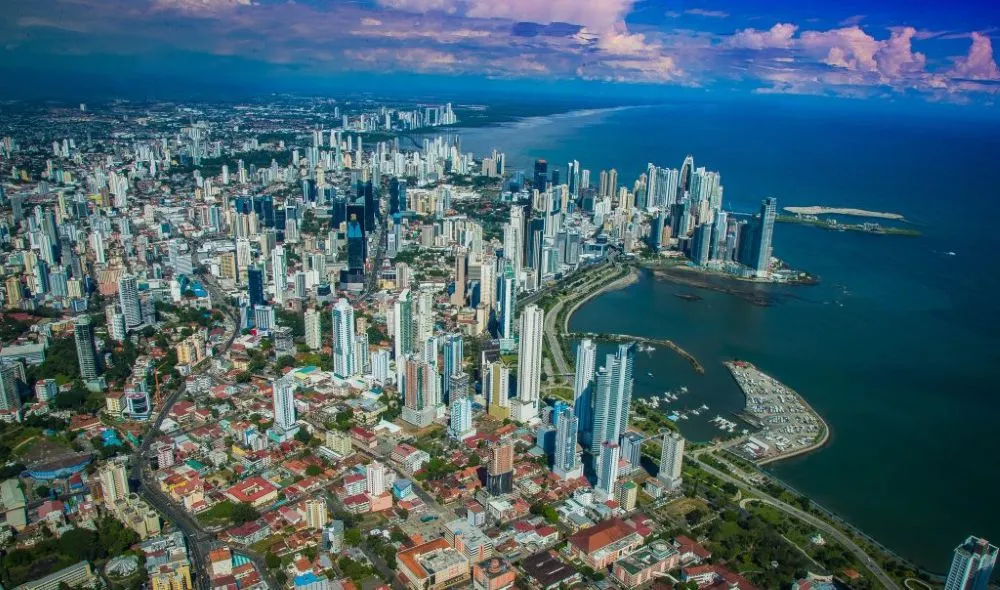Les îles Galápagos, situées à environ 1 000 km des côtes équatoriennes, sont un trésor de biodiversité, ayant joué un rôle clé dans l’élaboration de la théorie de l’évolution par Charles Darwin. Cependant, cet éden naturel est aujourd’hui en péril face à l’afflux croissant de touristes.
L’UNESCO, dans son rapport 2023 sur l’état de conservation, a exprimé ses préoccupations quant à la croissance du tourisme non organisé dans l’archipel. Déjà en 2007, l’organisation avait placé les Galápagos sur sa liste du patrimoine mondial en danger, principalement en raison de l’impact du tourisme et de la surpêche. Bien que retirées de cette liste en 2010, les arrivées de visiteurs ont continué d’augmenter, avec une hausse de près de 60% entre 2010 et 2019.
La croissance du tourisme terrestre, en particulier, pose un problème majeur. Contrairement au tourisme basé sur les navires, qui est soumis à des régulations strictes, le tourisme terrestre a connu une croissance sans précédent, exacerbée par une augmentation du nombre d’hôtels et de locations disponibles.
Les conséquences de cette croissance ne sont pas seulement écologiques. L’afflux de touristes a également des répercussions socio-économiques, entraînant une migration croissante vers les îles et augmentant la pression sur les ressources locales. De plus, l’introduction d’espèces invasives, souvent accompagnant l’arrivée de nouveaux visiteurs, menace la faune et la flore endémiques.

Face à ces défis, une collaboration étroite entre les autorités équatoriennes, les opérateurs touristiques et les organisations de conservation est primordiale. Des mesures concrètes, telles que la limitation du nombre de visiteurs, la mise en place de normes écologiques strictes et la sensibilisation des voyageurs, sont nécessaires pour garantir un avenir durable au tourisme aux Galápagos.
L’IGTOA (International Galapagos Tour Operators Association) joue un rôle actif dans cette démarche. Au cours de ce mois d’août, l’association participera à un atelier sur le tourisme régénératif organisé par le Parc National des Galápagos, visant à élaborer des recommandations pour un tourisme plus durable. L’IGTOA a également appelé à une augmentation des frais d’entrée au parc, qui n’ont pas été revus depuis des décennies, afin de financer la bio-sécurité et la gestion du parc.
Les îles Galápagos, malgré leur beauté et leur importance écologique, sont à un carrefour. Les mesures prises aujourd’hui détermineront le futur de ce paradis naturel unique, mais aussi de la possibilité pour les générations à venir d’en découvrir les trésors.
Découvrez ci-dessous, la vidéo gagnante de la première édition du programme Ecuador Film Residency – Galápagos par Kristofh Pozo








